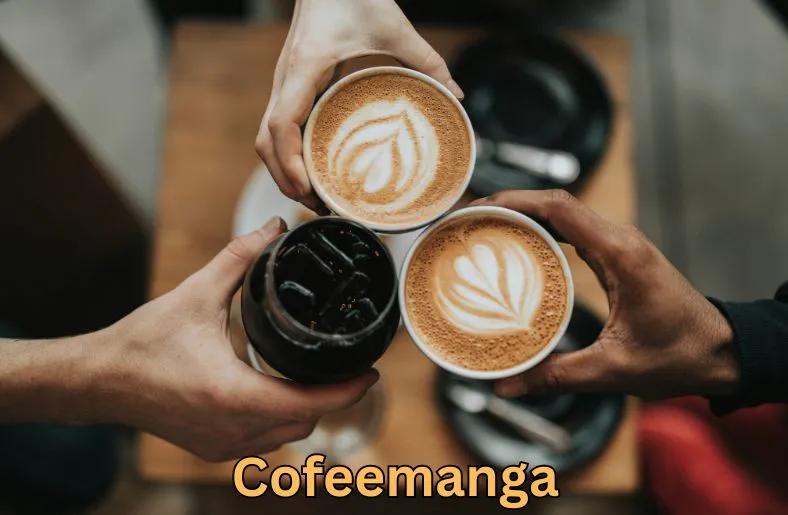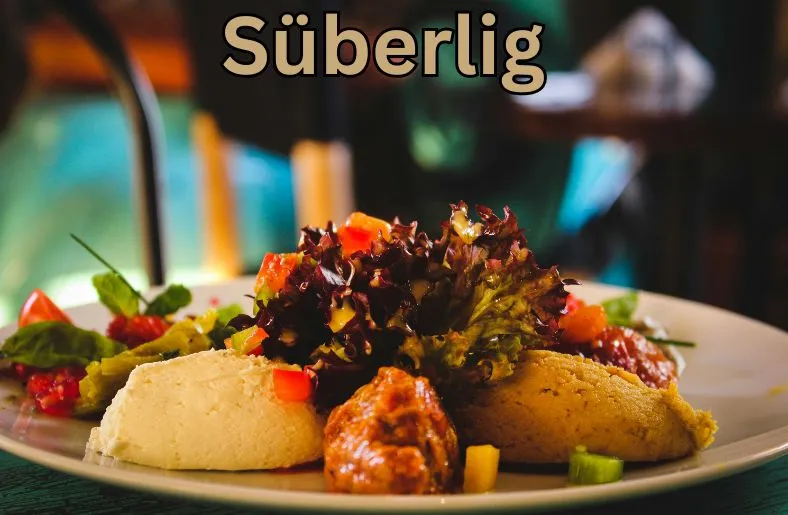Voel jij je beaaid? — Do you feel appreciated? It’s a simple question, yet it holds immense power. In a world driven by constant distractions, being truly recognized can make a world of difference. Feeling appreciated isn’t just about receiving compliments or praise. It’s about deeper emotional validation. When someone acknowledges your efforts, it boosts your sense of self-worth.
Understanding Voel Jij Je Beaaid?
Voel jij je beaaid? is a Dutch phrase that carries significant meaning. Let’s break it down. “Voel” means “feel,” “jij” translates to “you,” and “je” is a reflexive pronoun meaning “yourself.” Finally, “beaaid” means “appreciated” or “validated.” Put together, the phrase asks, “Do you feel appreciated?”
This question goes beyond surface-level acknowledgment. It probes whether someone feels emotionally validated and seen. Emotional recognition is essential in any relationship, whether at work, in friendships, or in personal bonds.
In the workplace, feeling recognized boosts motivation and engagement. In relationships, being emotionally validated builds trust and deepens connections. This simple question highlights how important it is to feel valued by others. It reminds us that emotional validation is fundamental for maintaining strong, healthy bonds in all aspects of life.
Why Emotional Recognition Matters
Boosts Self-Esteem and Mental Health
When we feel appreciated, our self-esteem grows. Feeling recognized helps us see our worth. This emotional boost has a positive impact on mental health. It reduces stress and anxiety, allowing us to feel more at peace with ourselves.
Increases Motivation and Engagement
Being recognized enhances our motivation. In the workplace, when employees are valued, they perform better. They feel more engaged and connected to their work. This sense of recognition drives them to do their best.
Strengthens Relationships
Emotional recognition is key to healthy relationships. For example, a partner’s appreciation can build trust and intimacy. Similarly, when friends acknowledge each other’s efforts, the bond deepens. Whether at work or in personal life, validation fosters positive, strong connections.
In both personal and professional contexts, feeling appreciated is essential. It creates a foundation for success and harmony. This emotional validation strengthens bonds and contributes to overall well-being.
Common Ways to Show Appreciation
Verbal Acknowledgment
A simple “thank you” can go a long way. Compliments, when sincere, show genuine recognition. Verbal appreciation boosts confidence and motivates others to continue their positive actions. Regularly expressing gratitude reinforces the value of others.
Thoughtful Actions
Sometimes actions speak louder than words. Giving your time or lending a helping hand can demonstrate appreciation. Listening attentively and offering support during difficult times also shows you care. These thoughtful actions create lasting emotional bonds.
Recognizing Small Contributions
Often, small gestures go unnoticed. Acknowledge everyday efforts, like someone helping with a task or offering a kind word. Recognizing these contributions helps others feel seen and appreciated, even in casual interactions.
Practical Tips for Showing Appreciation
In work settings, recognize employees for their hard work through feedback. In friendships, simply check in and offer support. At home, small acts of kindness, like preparing a favorite meal, can go a long way. In all situations, meaningful appreciation fosters connection and trust.
When Appreciation Isn’t Felt: Addressing the Void
Reasons for Feeling Unappreciated
Sometimes, efforts go unnoticed. It could be due to a lack of emotional connection or recognition. Feeling taken for granted is another common cause. These situations leave individuals feeling overlooked and undervalued.
Communicating the Need for Recognition
It’s essential to express your needs without sounding demanding. Share your feelings calmly and clearly. Let others know you need emotional acknowledgment, but avoid accusations. Focus on how recognition positively impacts your well-being.
Bridging the Gap in Relationships
To address the void, start open conversations. Let others know what makes you feel appreciated. Approach the subject with kindness and understanding. Encouraging mutual recognition fosters healthier, more connected relationships. In the end, both sides benefit from open, honest communication.





